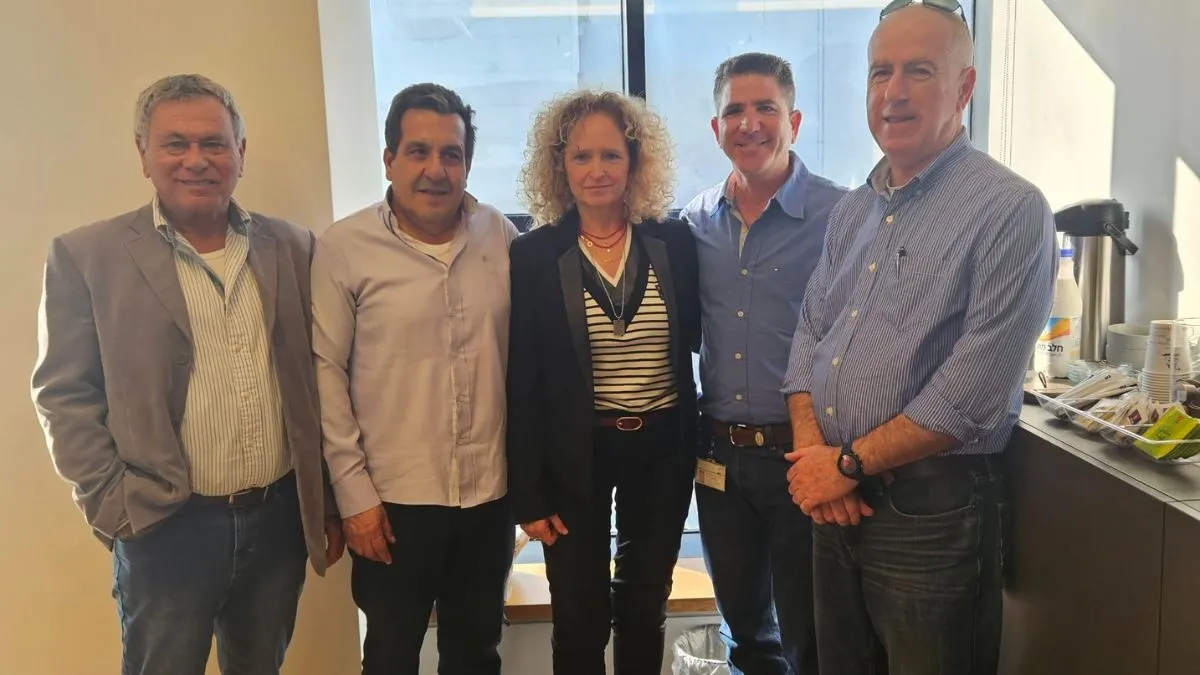In a joint effort to improve operational efficiency at Hadarom Container Terminal (HCT) Port, a meeting was held in Ashdod involving Gaby Ben Harosh, Chairman of the Leaders Council; David Kochba, CEO of the Leaders Council; Leah Bogatch Genossar, CEO of MSC Israel; Eyal Baruch, CEO of HCT Port; and Avi Weinstein, Deputy CEO of Port Operations, along with CEOs and operations managers from major shipping companies and other senior officials.
Gaby Ben Harosh, Chairman of the Leaders Council, opened the discussion by acknowledging that while there had been many complaints about port operations in a meeting held two weeks prior, there had been noticeable improvements since then. However, he emphasized that long driver wait times continue to be a significant issue, affecting drivers' income and leading to violations of work and rest hour laws. Ben Harosh added that the situation requires coordinated operational solutions to reduce queues at port entrances and improve container handling.
David Kochba, CEO of the Leaders Council, highlighted the need for comprehensive treatment of the entire supply chain. He noted that peak hours at the port, which run from 7:00 am to 5:00 pm, are due to a lack of responsiveness from cargo owners to evening and night operations. He clarified that in such a reality, a queue management system will not alleviate congestion, and called on port administrations and shipping companies to work with their customers to change operational patterns. According to him, the transportation sector currently constitutes the flexible link in the chain, creating constant uncertainty regarding the volume of work and daily output.
During the discussion, representatives of HCT Port presented the unique challenges arising from being the only port in the country that receives mega ships, with high capacity. At times, three such ships arrive within a short period of three days, creating heavy congestion on the port and shipping companies.
Avi Weinstein, Deputy CEO of Port Operations, detailed several solutions that HCT Port has already implemented, such as advance notice not to bring empty containers on days of extreme congestion, advancing operating hours to 5:00 am, and adding storage space for about 1,200 empty containers. In addition, a queue management system has been embedded that allows for congestion dispersal and faster service, alongside direct container unloading to the platform using mobile cranes.
The meeting also raised additional proposals, such as giving priority to drivers using the queue booking system, appealing to MSC's large customers to disperse working hours, and technological cooperation between port systems and the TAS'K Sea system.
Gaby Ben Harosh emphasized the urgent need for additional storage space for empty containers, noting that the planning of the new ports did not include a suitable infrastructural response, which burdens the operation.
At the end of the meeting, Ben Harosh praised the fruitful cooperation between HCT Port and MSC, expressing hope that the joint efforts will lead to a significant improvement in port operations. He added that the Leaders Council will continue to closely monitor developments.
Efforts to Improve Operational Efficiency at HCT Port Discussed in Joint Meeting
Leaders from the shipping and logistics industry met in Ashdod to discuss ways to improve operational efficiency at HCT Port, addressing issues such as long driver wait times and the need for coordinated operational solutions.
14:16 ,16.01.2025
-
Found it useful? Share
-
Share on Facebook
-
Share on X
-
Share on LinkedIn
-
Share via Email
-
Share on WhatsApp
-
Print Article
Related
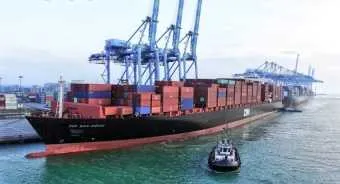 30.09.2016
30.09.2016
ZIM and MSC introduce a new joint Black Sea service
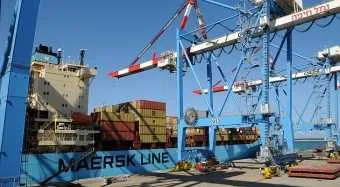 20.08.2015
20.08.2015
Giant Shipping Alliance 2M, Comes to Israel for the First Time at Haifa Port
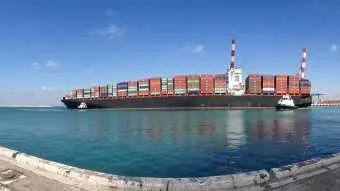 01.06.2014
01.06.2014
"Zim Tianjin", the largest container vessel ever to call at Israeli ports
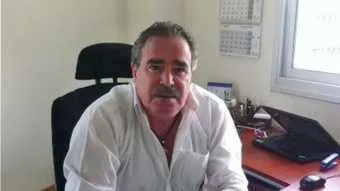 27.04.2014
27.04.2014
Pacific Atlantic Line Israel nominated as sole representative of C .H. Robinson
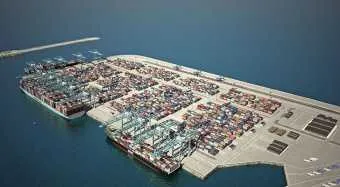 13.04.2014
13.04.2014
Four international bidders in Israel's new ports operations
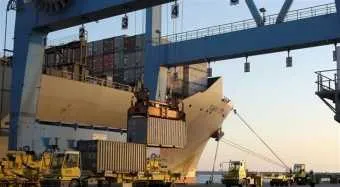 06.04.2014
06.04.2014
Ashdod Port's revenue down 2.4% in 2013

